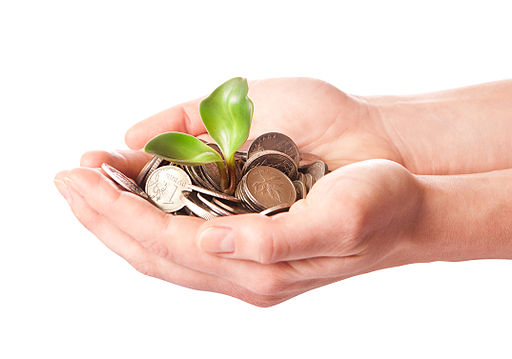Bankruptcy is a time to take stock of your current assets as well as your debts. Chapter 13 bankruptcy proceedings require that you put all of your disposable income into a repayment plan in order to pay down your outstanding debts. However, you may be wondering if contributions to you 401(k) plan counts as disposable income and if you have a right to continue to pay these payments during your bankruptcy proceedings.
The simple answer is: maybe. California’s bankruptcy laws differ jurisdiction to jurisdiction and some allow you to deduct contributions when calculating your disposable income. However, in most cases you can’t make any voluntary post-petition contributions in order to reduce your disposable income. The reason for this is that you could otherwise use your 401(k) as a way of circumventing your debt obligations and reaping a windfall by rerouting your disposable income.
However, there are a few exceptions. For instance, if your employer requires you to make contributions to the account, you typically are allowed to deduct this amount from your disposable income, as it is not consider voluntary. Additionally, if you are paying back a loan you took out of your retirement account, you are generally permitted to deduct your monthly loan amounts from your disposable income. Generally, the law looks to the intent of the contributions or payments and makes a determination based on why the payments are being made.
It’s important to remember that bankruptcy laws are very complex and can differ depending on the jurisdiction in which you file. Before making deducting contributions, you should strongly consider consulting an experienced bankruptcy attorney for your chapter 13 bankruptcy petition. For further guidance, contact Max Gardner, a knowledgeable Bakersfield chapter 13 bankruptcy attorney at 661-888-4335.
photo credit: 401KCalculator via Wikimedia Commons





